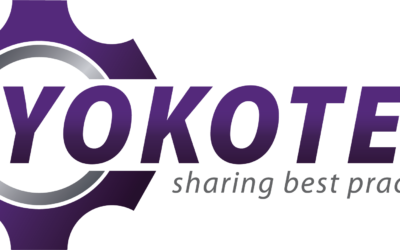#Key Strategic Decisions and Their Impact on Employees
Dear #CEO
The company strategy will impact how employees will react and work
Scenario 1: Your company is set for high sales growth through volume increase. This does not mean you will actually make more profit per unit sold. Often, lowering sales and focusing on Scenario 3 brings in overall larger profits. Don’t burn out your employees by taking them through another year of change and chaos. People can only take a certain amount of stress and overtime. Many employees fall into the category of what is popularly called ‘Quite Quitting”.
Scenario 2: Your company strategy is focused on the quality of product produced and on reducing defective parts and customer complaints !?. Clients pay for quality and timely delivery, in that order. Quality assurance of course means designing, implementing and maintaining certain standards of work. It also means a mature understanding and use of the Andon principle. Where there is no Andon, or a poor understanding of it, no quality assurance training or business model will achieve the expected results.
Scenario 3: Your company is focused on reducing the unit cost of production. This requires a Kaizen culture of continuous improvement in every department. From direct, indirect and fixed costs. Management practice ‘Daily Management Plan – DMP” which is their “operator instruction plan”. Practice Genchi Genbutsu, know how to coach others with inspiration and engagement, celebrate often and share best practices – Yokoten. With this scenario we can best leverage Hoshin kanri.
Scenario 4: Your company is focused on a stable supply of sales leads and contracts from clients.
Scenario 4 is a specific scenario where, the sales team, or the head of sales, has not planned out a strategy for sales growth, stability and profitability. Your sales strategy needs to support the business strategy. Your sales strategy needs to be well planned out and realised in such a way so that you can see and measure the effects, from sales pipe-line leads to conversion of leads into contracts and profits.
The subject of sales and production planning is called Sales and operational planning or S&OP. It is part of something very important called Heijunka which if you like is a sort of tango between sales, purchasing and production.
Here are a few statements you might like to think about.
“if you don’t plan what you want to change or achieve this new year, others will take you to where you don’t want to go”.
‘Your mind is like a magnet. If you think positively and set a plan for success you will succeed. If you have no plan and no goals, then you will attract no goals and no success”
“If you attract positive thoughts, you will have positive outcomes. If you attract negative thoughts and negative people, you will attract more of the same”.




